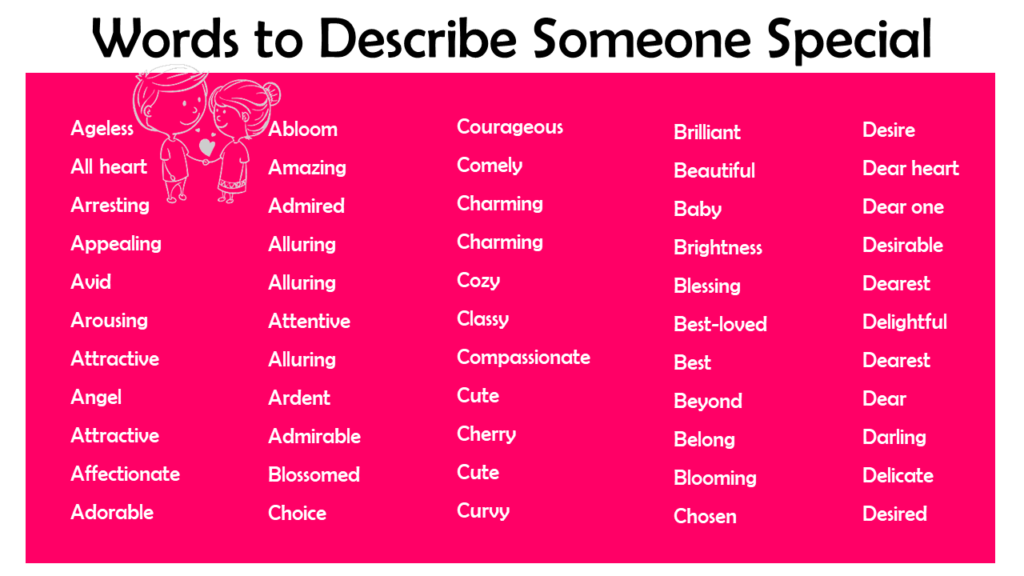
Alternatively, “bold” is a synonym for “adventurous,” though it can be used to talk about the design of an object. For example, “adventurous” describes a person, but not an object.

Many of these positive adjectives have similar meanings, but they cannot always be used in the same context. There are thousands of positive adjectives in the English language. Most importantly for non-native speakers, positive adjectives can help ensure that your conversations remain cheerful and friendly. Using these adjectives can make others feel motivated, uplifted, confident, or encouraged. These words can express different positive emotions, such as love, hope, happiness, and joy. Positive adjectives describe a person, place, thing, idea, or experience in a good, positive way. Positive adjectives make it easy to compliment others and put them at ease.īut what exactly are positive adjectives? What are some examples of these adjectives? And finally, what are some synonymous adjectives you could use? We will talk about this more, but first, let’s start with a simple question: What Are Positive Adjectives? Instead, using positive language is a great way to avoid problematic interactions, get a better communication experience, and create a friendly, supportive atmosphere for the other person! The wrong words can lead to misunderstandings, confusion, or even hurt feelings.
#X WORD THAT DESCRIBES SOMEONE TRIAL#
While you aren’t required to use our online programs in order to use the lessons, you can request a Free Trial here.It’s important to be positive when speaking any language. Many of these include characters and scenarios from our online SEL interventions.

#X WORD THAT DESCRIBES SOMEONE SERIES#
To assist you as you help students understand emotions, we have created a series of lessons, activities, worksheets, and printables. Teaching Emotional Literacy Featured Lessons


Here is the complete list of emotions and how they are categorized:


 0 kommentar(er)
0 kommentar(er)
